Hệ thống đường ống khí phòng thí nghiệm
Hệ thống đường ống khí trong phòng thí nghiệm đề cập đến các công trình liên quan đến việc vận chuyển khí trong môi trường phòng thí nghiệm, cụ thể là đường ống kết nối giữa bình khí và đầu cuối thiết bị. Hệ thống phức tạp này thường bao gồm nhiều thành phần chính hoạt động hài hòa để đảm bảo việc cung cấp khí an toàn, hiệu quả và được kiểm soát cho thiết bị phòng thí nghiệm.
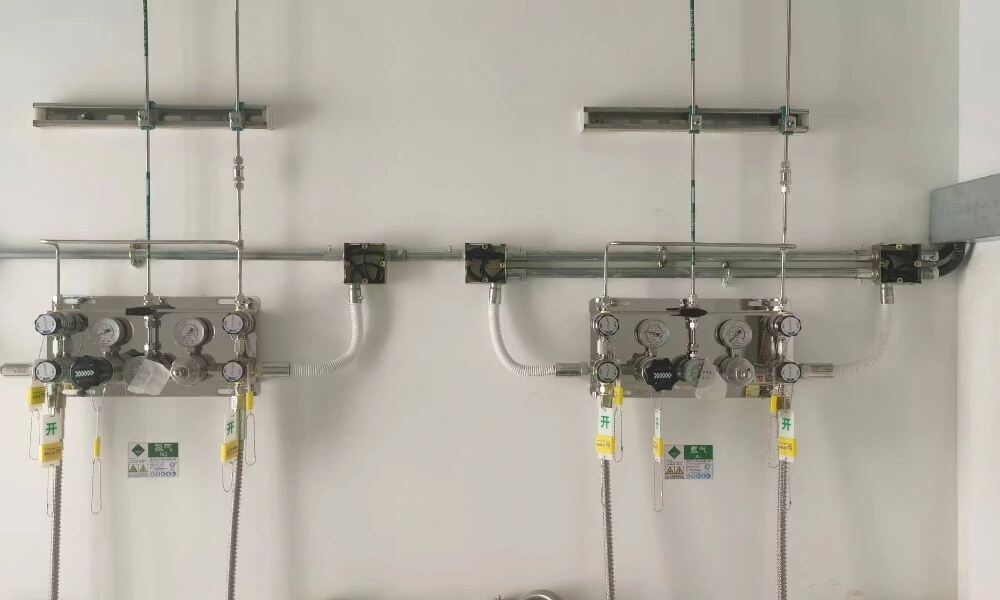
Ở trung tâm của hệ thống là thiết bị chuyển đổi khí, cho phép chuyển đổi mượt mà giữa các nguồn khí, giảm thiểu thời gian ngừng hoạt động và đảm bảo nguồn cung khí liên tục. Tiếp theo là đơn vị giảm áp, được thiết kế để điều chỉnh áp lực của khí để đáp ứng các yêu cầu cụ thể của thiết bị phòng thí nghiệm.
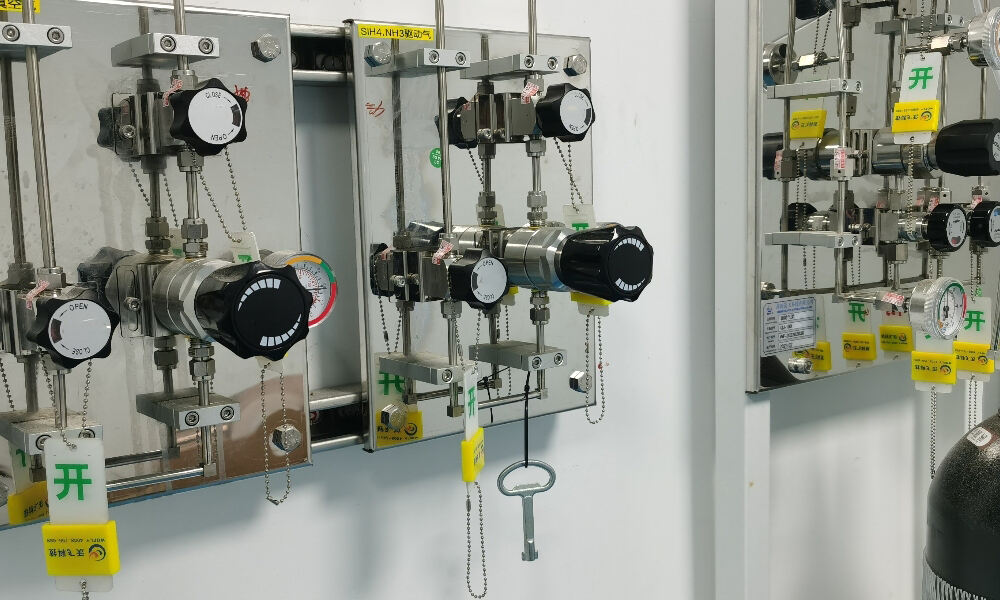
Bộ điều tiết đóng vai trò quan trọng trong việc điều chỉnh dòng chảy của khí, đảm bảo rằng chúng được dẫn đến các đích phù hợp. Chính đường ống, được làm từ vật liệu chống ăn mòn, hoạt động như một kênh dẫn cho khí, kết nối tất cả các thành phần và hỗ trợ vận chuyển trơn tru.
Để đảm bảo độ tinh khiết của khí, các bộ lọc được lắp đặt để loại bỏ bất kỳ tạp chất hoặc chất gây ô nhiễm nào có thể đã xâm nhập vào hệ thống. Những bộ lọc này rất quan trọng trong việc duy trì tính nguyên vẹn của khí và ngăn ngừa bất kỳ thiệt hại tiềm năng nào đối với thiết bị phòng thí nghiệm.
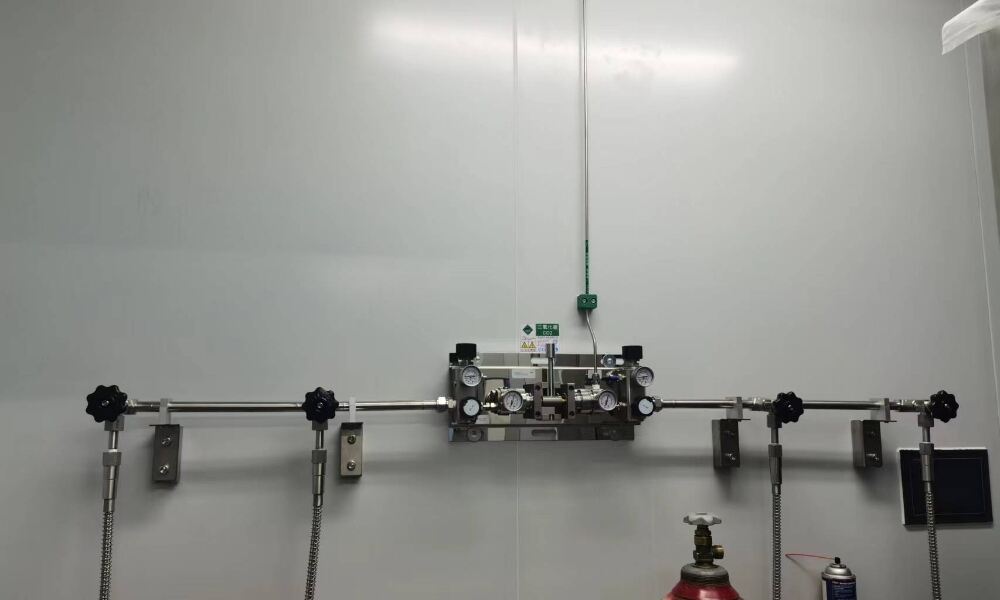
Về mặt an toàn, hệ thống được trang bị chuông báo động có khả năng phát hiện bất kỳ rò rỉ hoặc bất thường nào trong dòng chảy của khí, nhanh chóng cảnh báo nhân viên thực hiện các biện pháp cần thiết. Các hộp đầu cuối, chứa các kết nối đến các dụng cụ cá nhân, đảm bảo một bố cục gọn gàng và có tổ chức.
Cuối cùng, van điều chỉnh cho phép điều chỉnh chính xác dòng chảy của khí, cho phép kiểm soát chính xác lượng và tốc độ khí được cung cấp đến thiết bị.
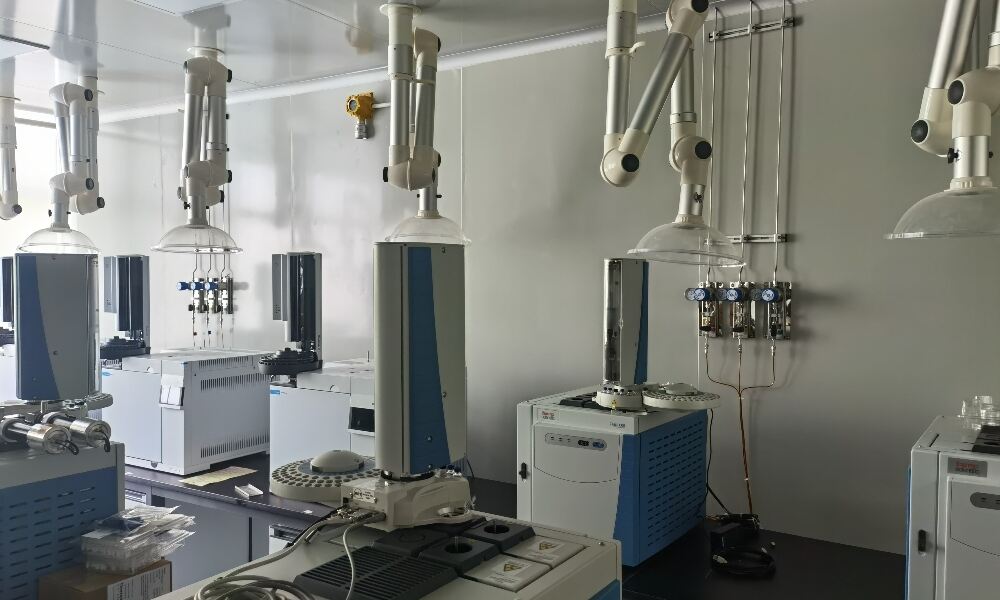
Tổng thể, hệ thống đường ống khí cho phòng thí nghiệm là một mạng lưới toàn diện và phức tạp đảm bảo việc cung cấp khí an toàn, được kiểm soát và hiệu quả đến thiết bị phòng thí nghiệm, giúp quá trình thực nghiệm khoa học diễn ra suôn sẻ và chính xác.
Dưới đây là các tình huống ứng dụng chính của hệ thống đường ống khí phòng thí nghiệm:
1. Ngành công nghiệp Điện tử Bán dẫn: Trong sản xuất bán dẫn điện tử, hệ thống đường ống khí cung cấp các loại khí đã được làm sạch cần thiết cho thiết bị sản xuất, đảm bảo sự ổn định của quy trình sản xuất và chất lượng sản phẩm.
2. Ngành công nghiệp Hóa dầu: Trong các thí nghiệm hóa dầu, hệ thống đường ống khí cung cấp khí ổn định cho thiết bị thí nghiệm, hỗ trợ nhiều phản ứng hóa học và quy trình thí nghiệm khác nhau.
3. Lĩnh vực Sinh y học: Các thí nghiệm sinh y học thường yêu cầu kiểm soát chính xác về loại khí, lưu lượng và áp suất. Hệ thống đường ống khí đáp ứng những yêu cầu này, cung cấp môi trường khí ổn định cho việc nuôi cấy tế bào, nuôi cấy vi khuẩn, thí nghiệm hô hấp động vật và nhiều hơn thế nữa.
4. Lĩnh vực Thử Nghiệm Tiêu Chuẩn: Trong các thí nghiệm thử nghiệm tiêu chuẩn khác nhau, hệ thống đường ống khí cung cấp nguồn khí đáng tin cậy, đảm bảo độ chính xác và tin cậy của dữ liệu thí nghiệm.
Ngoài ra, hệ thống đường ống khí phòng thí nghiệm còn được sử dụng rộng rãi trong nhiều lĩnh vực nghiên cứu thí nghiệm khác như hóa học và địa chất. Trong các thí nghiệm hóa học, nó có thể được sử dụng cho phản ứng oxi-hóa khử, chuẩn bị khí, phản ứng pha khí và phân tích khí. Trong các thí nghiệm địa chất, nó được sử dụng để phân tích khí trong đá, nghiên cứu nước ngầm, cảnh báo động đất và các ứng dụng khác.
Tóm lại, hệ thống đường ống khí phòng thí nghiệm là thiết bị không thể thiếu trong phòng thí nghiệm. Nó cung cấp nguồn khí ổn định và an toàn cho các thí nghiệm khác nhau, đảm bảo độ chính xác của kết quả thí nghiệm và sự an toàn của người thực hiện. Cùng với sự phát triển liên tục của công nghệ, các tình huống ứng dụng của hệ thống đường ống khí phòng thí nghiệm sẽ tiếp tục mở rộng và tối ưu hóa.
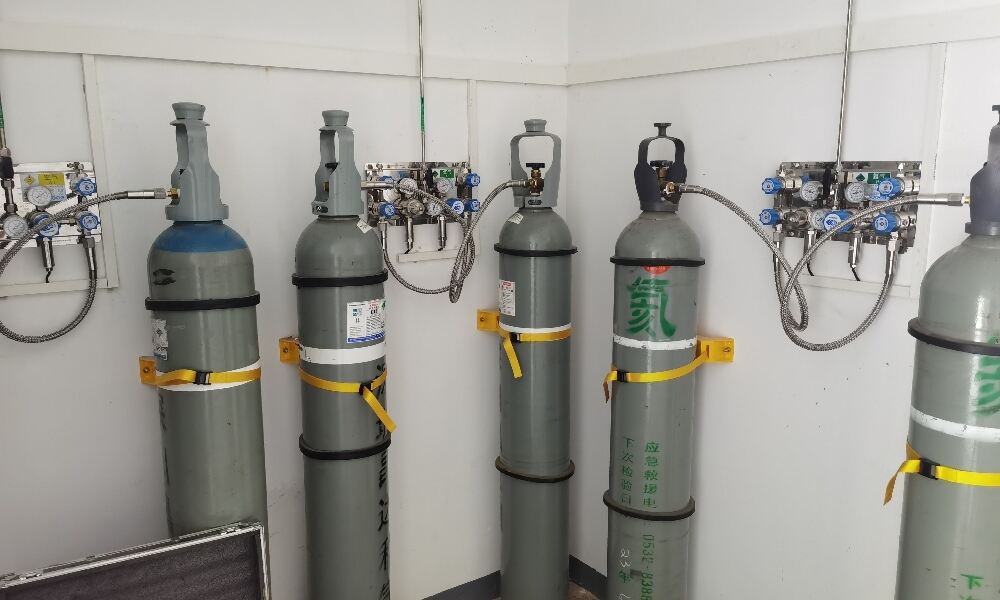
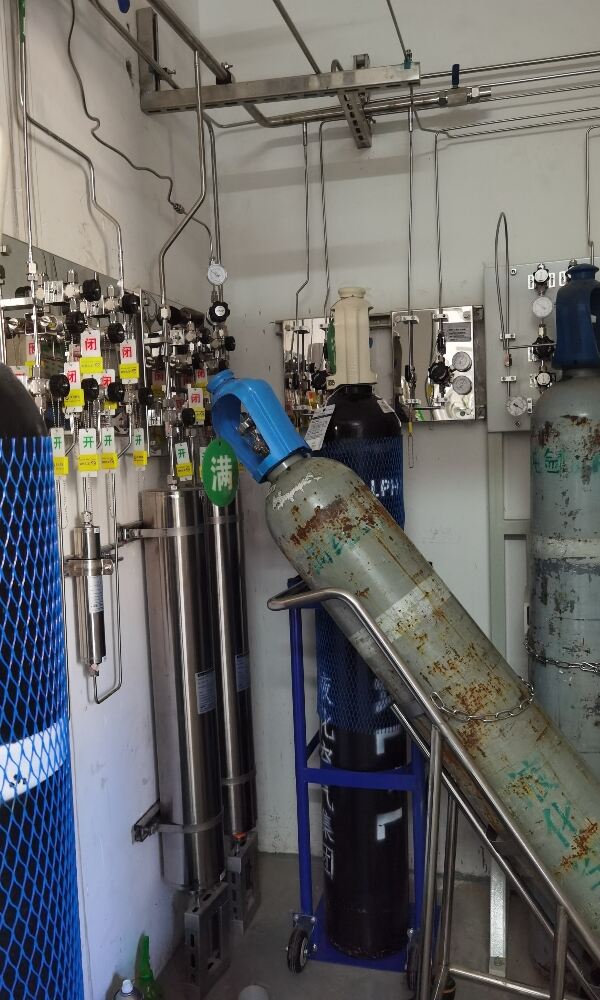
 EN
EN
 AR
AR
 HR
HR
 CS
CS
 NL
NL
 FR
FR
 DE
DE
 IT
IT
 JA
JA
 KO
KO
 NO
NO
 PL
PL
 PT
PT
 RO
RO
 RU
RU
 ES
ES
 SV
SV
 TL
TL
 ID
ID
 VI
VI
 MT
MT
 TH
TH
 TR
TR
 AF
AF
 MS
MS
 AZ
AZ

